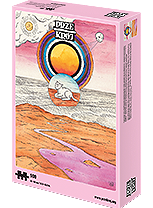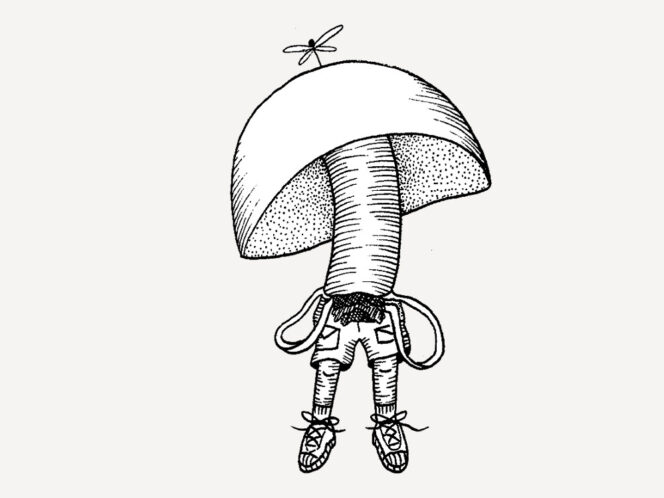
A peculiar state of consciousness in which the individual discovers himself to be one continuous process with God, with the Universe, with the Ground of Being, or whatever name he may use by cultural conditioning or personal preference for the ultimate and eternal reality.
Alan Watts, 1971
Both laypeople and scientists have always approached mystical experiences with a hint of wonderment. Now, thanks to advances in neuroscience and psychology, those experiences are finally being researched with robust empirical tools. Scientific publications now offer more tangible definitions and descriptions of their unique features. These experiences are often characterized by feelings of open-mindedness, a sense of belonging to something more important than ourselves, a feeling of timelessness, happiness, gratitude, and deep inner peace. They also appear to be an effective catalyst in the treatment of anxiety, depression, and addictions. Therapeutic application of methods that induce mystical experiences is getting more popular, while scientific discoveries in this field are rapidly multiplying. However, many of us still do not know what mystical experiences are and thus remain unaware of what they have to offer for our mental health.
A Nation of Mystics
Mystical experiences are probably best known to those of us who are familiar with theological literature. They are abundant in the accounts of prophets and saints with links to all major world religions. In Christianity, there are mystical accounts of St. Teresa of Avila and St. John of the Cross, who both claimed sudden feelings of exultation. Islam gave rise to the powerful works of Rumi and Saadi, which are filled with dramatic, paranormal events. Traditions in Judaism are strongly influenced by mystical sentiments in the writings of Maimonides. Kabbalists study mysticism in the context of Judaism. Sufism is a mystical branch of Islam. Hindu and Buddhist meditators devote their lives to augmenting mystical states. These spiritual practices deepen the relationship with God, gods, spirits, Gaia, the world’s innate energy, or the One Pure Being—whatever you decide to call it.
Despite the frequency of such accounts, mystical experiences are not purely spiritual in nature and their neurological underpinnings go beyond any religious heritage. The presence of visions and voices of unexplained origin, religious exaltation, or unprecedented changes in physical appearance are indeed exceptional. Religious interpretations do not do the phenomenon justice. Prophetic events that are strongly rooted in classical biblical encounters with God are detached from current scientific definitions of mystical experiences, which are far more common and far more attainable than most of us seem to think. In fact, it seems that the capacity to have them is deep-wired into our brains. In his book The Natural Mind, Andrew Weil explores








